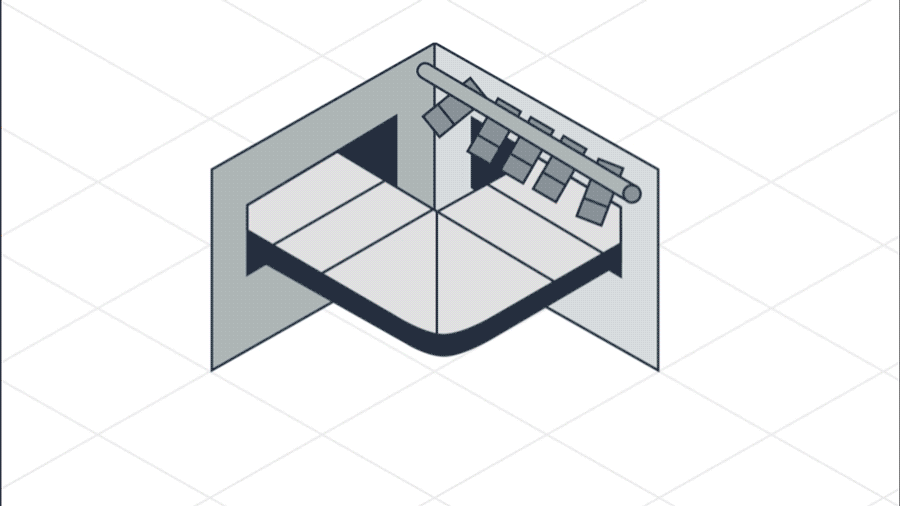
Amazon has unveiled "Project P.I.,"an AI-powered system designed to enhance the quality of customer shipments and reduce the need for returns.
Project P.I., short for "Private Investigator," utilizes a combination of generative AI and computer vision technologies. It works by scanning products as they pass through imaging tunnels, using advanced algorithms to detect issues such as damaged packaging, incorrect sizes or colors, and expired items.
When a defect is identified, the system isolates the product to prevent it from being shipped. Amazon associates then review the flagged items and determine the best course of action, such as discounting it for resale on Amazon's Second Chance platform, donating it, or finding another use for it.

Project P.I. operates within Amazon's fulfillment centers, where millions of products pass through imaging tunnels daily. As items move through these tunnels, the AI model scans them for defects using advanced algorithms. For instance, optical character recognition checks expiration dates on product packaging to ensure expired items are not sent to customers. Meanwhile, computer vision models, trained with reference images from the product catalog and actual images of products sent to customers, analyze color and monochrome images for signs of damage, such as bent book covers or torn packaging.
By catching these issues early, Project P.I. not only improves the customer experience but also contributes to Amazon's sustainability efforts. Shipping defective products often leads to unnecessary returns, resulting in wasted packaging and increased carbon emissions from additional transportation.
Dharmesh Mehta, vice president of Worldwide Selling Partner Services at Amazon, emphasizes the importance of getting the experience right for customers every time they shop, noting that this technology is a win for customers, selling partners, and the environment.
Amazon is also using Project P.I. to investigate the root causes of negative customer experiences. When a customer reports a defect that was not caught by Project P.I., the system analyzes customer feedback, product images, and other data sources to identify the issue and continuously improve its detection capabilities. This technology is also set to benefit Amazon's selling partners by providing them with more accessible data on defects, helping them prevent future errors.
Amazon plans to expand Project P.I. to more fulfillment centers throughout 2024, continually improving their operations and sustainability efforts.

